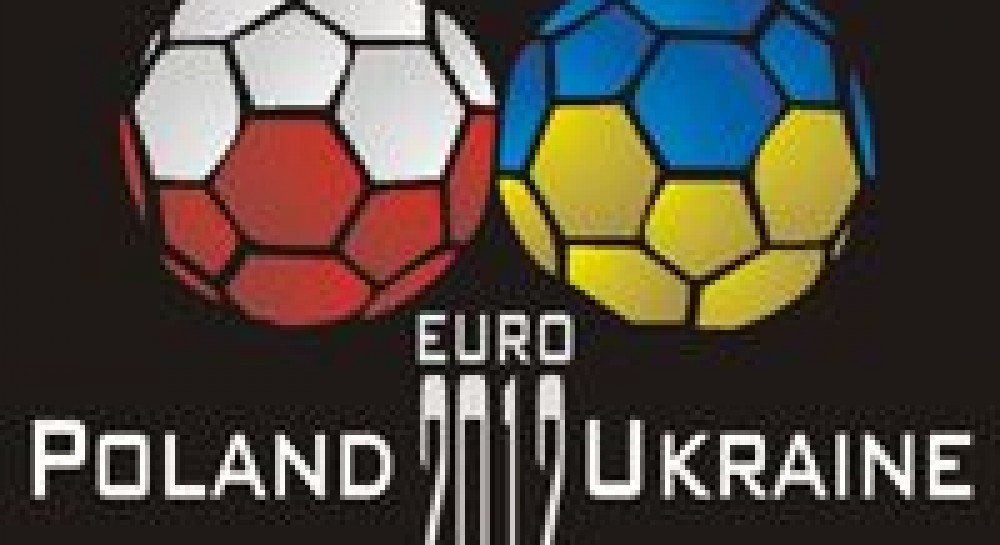
Beautiful Yulia saving the Euro
`If it`s not the "iron Yulia`, no one will save the Euro 2012 in Ukraine`, Ukrainian officials say about PM Yulia Tymoshenko. `We support Ukraine`, says the Polish minister for sports...
The Ukrainian government gets down to work. `If it`s not the "iron Yulia`, no one will save the Euro 2012 in Ukraine`, Ukrainian officials say about PM Yulia Tymoshenko. `We support Ukraine`, says the Polish minister for sports.
The Ukrainian head of government goes to Lviv this Saturday, the city most seriously behind with preparations for the European Football Cup 2012. Local officials are in panic, but do hope for Kiev`s help.
Gazeta was to be visited yesterday afternoon by Andriy Sadovyi, the mayor of Lviv. IN the morning, I took a call from his spokesperson. He was out of breath and very agitated. `We can`t come. PM Tymoshenko is due here on Saturday. We are to talk about the Euro. We`ve been told today, there`s a full-scale mobilisation in the city`.
On Monday, Ms Tymoshenko spoke in Warsaw to Prime Minister Donald Tusk and Sports Minister Mirosław Drzewiecki on how to save the Euro in Ukraine. The UEFA had voiced serious concerns about the progress of the Ukrainian preparations for the event. This led to press speculation that the organisation may move the cup elsewhere, or alternatively move more matches, including the final, from Ukraine to Poland.
As Gazeta found out, the Ukrainian cabinet held a dramatic meeting Wednesday almost entirely devoted to the Euro 2012. Ms Tymoshenko told her ministers to give the event an absolute priority.
Lviv makes the worst impression of the four Ukrainian cities aspiring to host Euro events. That`s why Ms Tymoshenko is going there on an emergency visit. `The UEFA`s latest report voices concerns especially with respect to the airport, transportation, and the stadium. In terms on the hotel base, we`re on a par with Kiev`, admitted Ostap Procyk, the Lviv mayor`s spokesperson.
Ms Tymoshenko is to talk Saturday to the city`s mayor and to the province governor on how to save the Euro matches in Lviv. `We`re afraid of the conversation, but at the same time we`re very much counting on it. If we get green light from Kiev, we should make it`, a Lviv official told Gazeta.
Lviv hopes that the government finds the money to modernise the city`s airport, built back in the 1960s, and to finance the construction of the Ukrainian stretch of the Cracow-Lviv motorway. The stadium`s construction is to start in October-November. The project hasn`t yet gone beyond design stage.
Ms Tymoshenko is also to visit the other Ukrainian cities that are to host the Euro. She has been monitoring preparations in her home town of Dnipropetrovsk, which is much wealthier than Lviv. Donetsk in the east of the country, where the preparations are being financed by the local oligarch and the country`s richest man, Rinat Akhmetov, should have no problem meeting the deadlines.
In Kiev, the Olympic stadium in the city centre presents a problem. It still hasn`t been decided whether it should be modernised or whether a wholly new facility should be built in another place.
Ukraine and Poland are drawing up a detailed strategy of the Euro 2012 preparations, based on the Polish plan for the event. The document is to be ready by 15 September, when the next meeting of the joint Polish-Ukrainian organisational committee is scheduled to take place.
Sports Minister Mirosław Drzewiecki is optimistic: `I can`t imagine Poland taking the Euro away from Ukraine. You have to be a trustworthy partner in every situation. As long as Ukraine is doing everything it can, we need to support it. If some misfortune happens, we`ll be thinking about how to get out of the situation. But we`ll be doing so together, because the Euro is a common cause for Poland and Ukraine. Ms Tymoshenko`s visit has changed a lot. Now we know that everyone in Ukraine have pitched up and got down to work`.
translated by Marcin Wawrzyńczak

